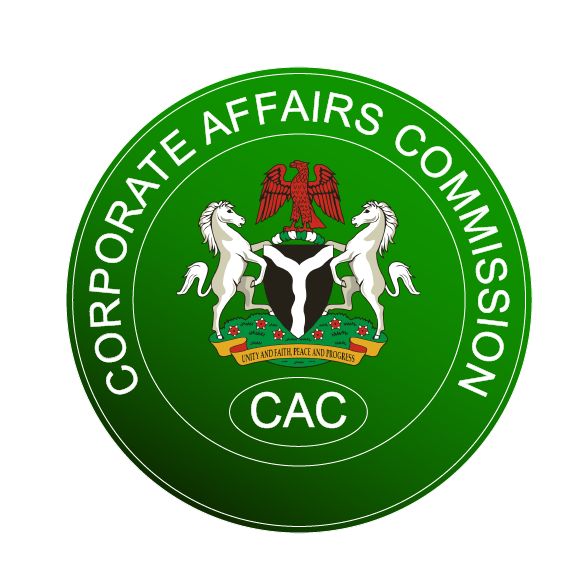Introduction
Starting a non-governmental organization (NGO) or a church in Nigeria is a noble endeavor. However, to operate legally and gain trust, it’s essential to register with the Corporate Affairs Commission (CAC). This guide provides a comprehensive overview of the registration process, requirements, costs, and benefits in 2025.
Why Register with the CAC?
Registering your NGO or church with the CAC offers several advantages:
-
Legal Recognition: Your organization becomes a legal entity.
-
Trust and Credibility: Enhances your reputation among donors, members, and the public.
-
Access to Funding: Eligibility for grants and donations.
-
Property Ownership: Ability to acquire and own property in the organization’s name.
-
Perpetual Succession: The organization continues to exist beyond the lives of its founders.
Step-by-Step Guide to Registering an NGO or Church
1. Choose a Unique Name
Select a distinctive name that reflects your organization’s mission. Conduct a name availability search on the CAC portal to ensure it’s not already in use.
2. Draft Your Constitution
Prepare a constitution outlining:
-
Objectives: Clearly state the purpose and goals.
-
Membership: Define eligibility, rights, and obligations.
-
Governance Structure: Detail the roles and responsibilities of trustees and officers.
-
Meetings: Specify the frequency and procedures.
-
Financial Management: Outline how funds will be managed and audited.
3. Appoint Trustees
For NGOs and churches, appoint a minimum of two trustees. Trustees are responsible for the organization’s governance and compliance.
4. Publish Notices
Publish notices of your intention to register in at least two national newspapers. This allows for any objections to be raised within 28 days.
Submit the following documents to the CAC:
Application Form: Completed and signed.
-
Constitution: As drafted in step 2.
-
Trustees’ Details: Including valid identification and passport photographs.
-
Newspaper Publications: Copies of the published notices.
-
Minutes of Meeting: Documenting the appointment of trustees.
5. Pay the Required Fees
The registration fee varies but typically ranges between ₦120,000 and ₦250,000, depending on factors like the number of trustees and publication costs.
6. Obtain the Certificate of Incorporation
Upon successful review, the CAC will issue a Certificate of Incorporation, signifying your organization’s legal status.
Post-Registration Obligations
After registration, ensure compliance with the following:
-
Annual Returns: File yearly returns with the CAC.
-
Tax Identification Number (TIN): Obtain from the Federal Inland Revenue Service (FIRS).
-
Bank Account: Open a corporate account in the organization’s name.
-
Maintain Records: Keep accurate financial and administrative records.
Common Challenges and How to Overcome Them
-
Name Rejection: Ensure your chosen name is unique and not similar to existing entities.
-
Incomplete Documentation: Double-check all forms and attachments before submission.
-
Delays in Publication: Plan ahead to accommodate the 28-day notice period.
Frequently Asked Questions (FAQs)
Q1: Can I register my NGO or church online?
Yes, the CAC offers an online registration portal at www.cac.gov.ng.
Q2: How long does the registration process take?
Typically, it takes between 4 to 8 weeks, depending on the completeness of your application and the CAC’s workload.
Q3: Is it mandatory to publish notices in newspapers?
Yes, it’s a legal requirement to publish notices in two national newspapers.
Q4: What is the difference between registering as an NGO and a church?
Both are registered under Incorporated Trustees, but their objectives differ. NGOs focus on social causes, while churches are religious organizations.
Q5: Do I need a lawyer to register?
While not mandatory, consulting a legal professional can ensure accuracy and compliance.
Conclusion
Registering your NGO or church with the CAC is a crucial step towards legitimacy and operational efficiency. By following the outlined steps and ensuring compliance, your organization will be well-positioned to make a meaningful impact.
Ready to take the next step? Visit www.cac.gov.ng to begin your registration process today.


